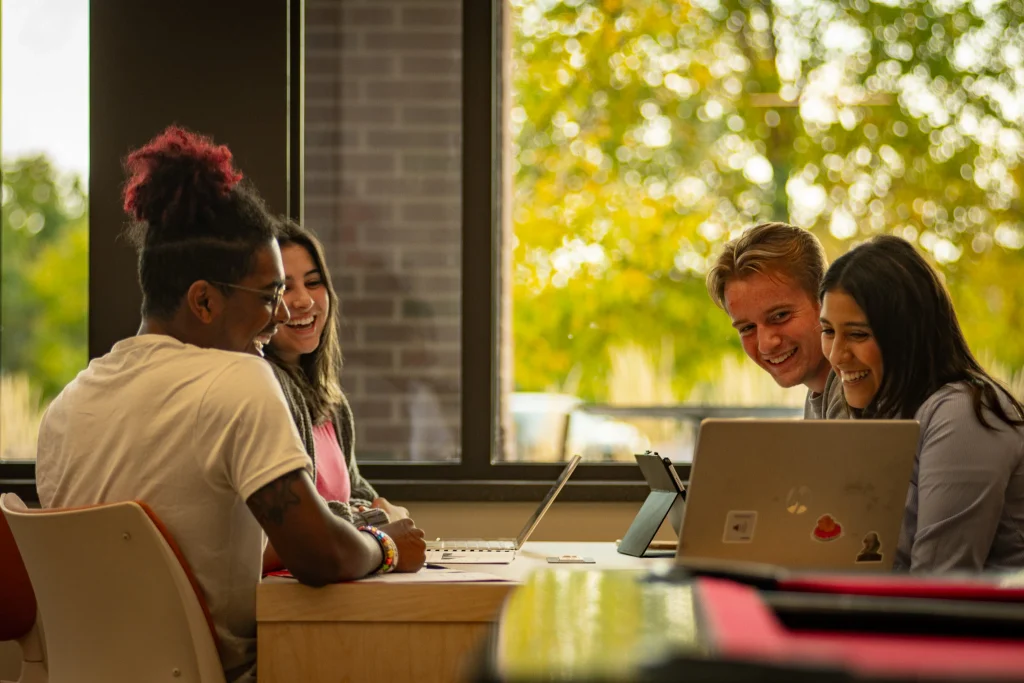Academic Exploration encompasses the pursuit of knowledge through various means, including travel. Traveling for educational purposes enriches study experiences, allowing students to engage deeply with their subjects in real-world contexts. This guide explores how travel enhances academic exploration and contributes to a more comprehensive educational journey.
The Benefits of Travel in Academic Exploration

1. Cultural Immersion
- Experiential Learning: Traveling immerses students in different cultures, providing firsthand experiences that enhance their understanding of academic subjects.
- Language Skills: Exposure to new languages and dialects fosters language acquisition and improves communication abilities.
2. Broadened Perspectives
- Global Awareness: Travel exposes students to diverse cultures and viewpoints, promoting empathy and a broader worldview.
- Critical Thinking: Navigating new environments challenges students to think critically and adapt, enhancing their problem-solving skills.
Enhancing Engagement in Academic Exploration
1. Practical Application of Knowledge
- Field Studies: Travel allows students to apply theoretical concepts in real-world settings, reinforcing their academic learning.
- Research Opportunities: Students can conduct research in various locations, gaining unique insights that enrich their studies.
2. Networking and Collaboration
- Building Connections: Inca Travel provides opportunities to meet peers, educators, and professionals, expanding academic networks.
- Collaborative Projects: Engaging with local communities on academic projects fosters teamwork and enhances learning experiences.
Personal Growth Through Travel
1. Independence and Confidence
- Self-Reliance: Traveling encourages independence, helping students build confidence as they navigate new environments.
- Adaptability: Facing new challenges enhances resilience and adaptability, essential traits for personal and academic success.
2. Interpersonal Skills Development
- Communication: Interacting with diverse individuals improves students’ communication skills and cultural sensitivity.
- Teamwork: Collaborative travel experiences foster teamwork, preparing students for future academic and professional endeavors.
Challenges in Academic Exploration through Travel
1. Financial Barriers
- Cost Considerations: Travel can be expensive, creating barriers for students seeking to engage in academic exploration.
- Funding Solutions: Scholarships and grants can help mitigate financial challenges, making travel more accessible.
2. Safety and Logistics
- Travel Risks: Awareness of potential safety concerns is crucial for students traveling abroad.
- Effective Planning: Successful travel experiences require careful planning and organization to ensure safety and maximize learning.
Conclusion
Academic Exploration through travel is a powerful means of deepening study experiences and fostering personal growth. By immersing students in new cultures and perspectives, travel enhances learning, promotes critical thinking, and builds essential life skills.
To fully leverage the benefits of travel in academic exploration, educational institutions should provide accessible opportunities while addressing challenges such as financial barriers and safety concerns. As the world becomes increasingly interconnected, the role of travel in enriching academic exploration will continue to be vital in shaping informed and engaged global citizens.
Read Also About Media studies is an academic field that examines how various forms of media—including television, film, social media, print, and digital platforms—shape and influence society, culture, and individual behavior.


